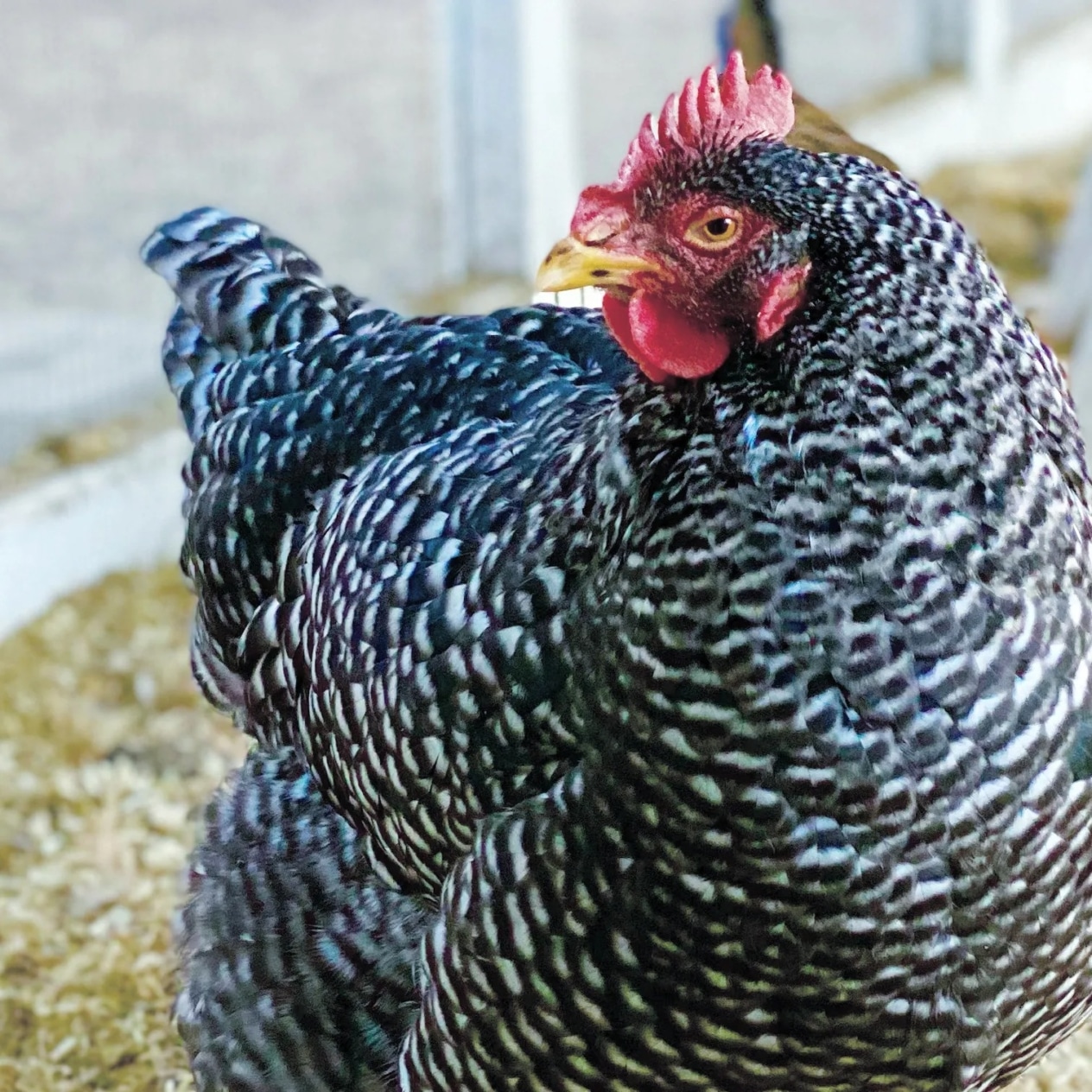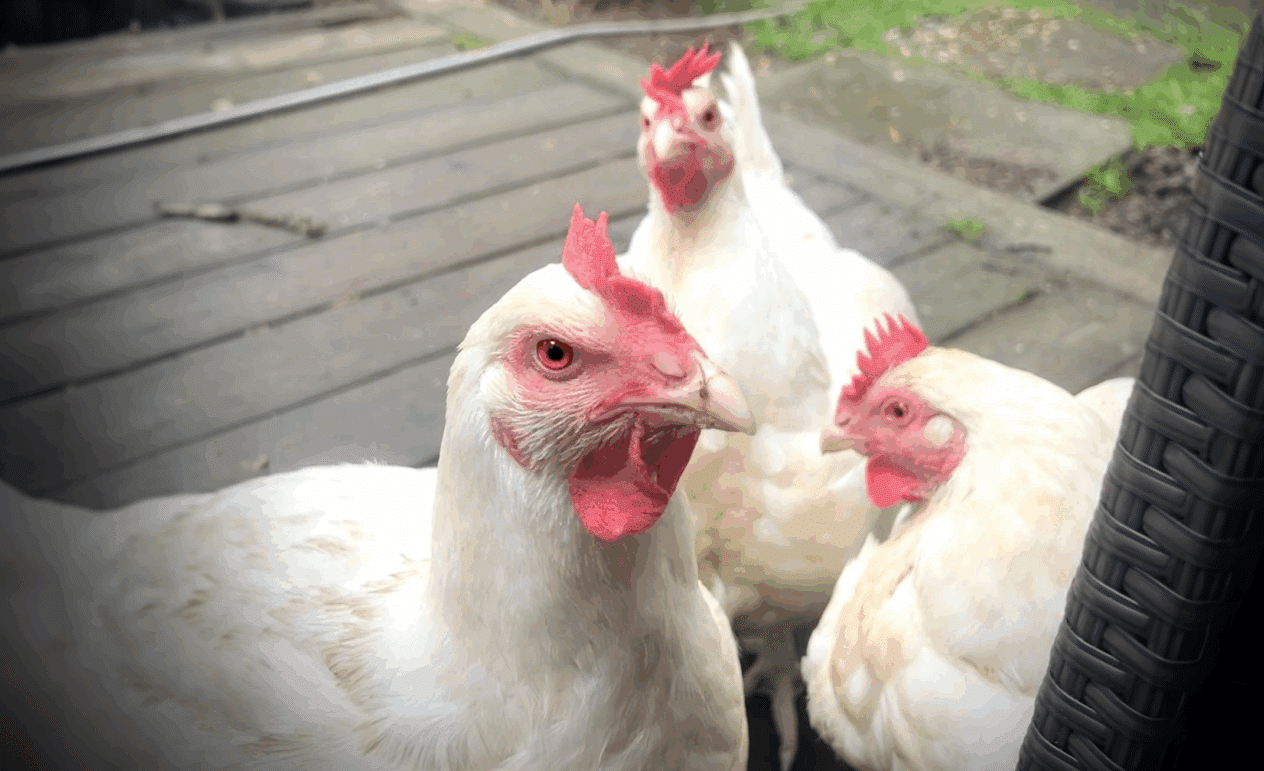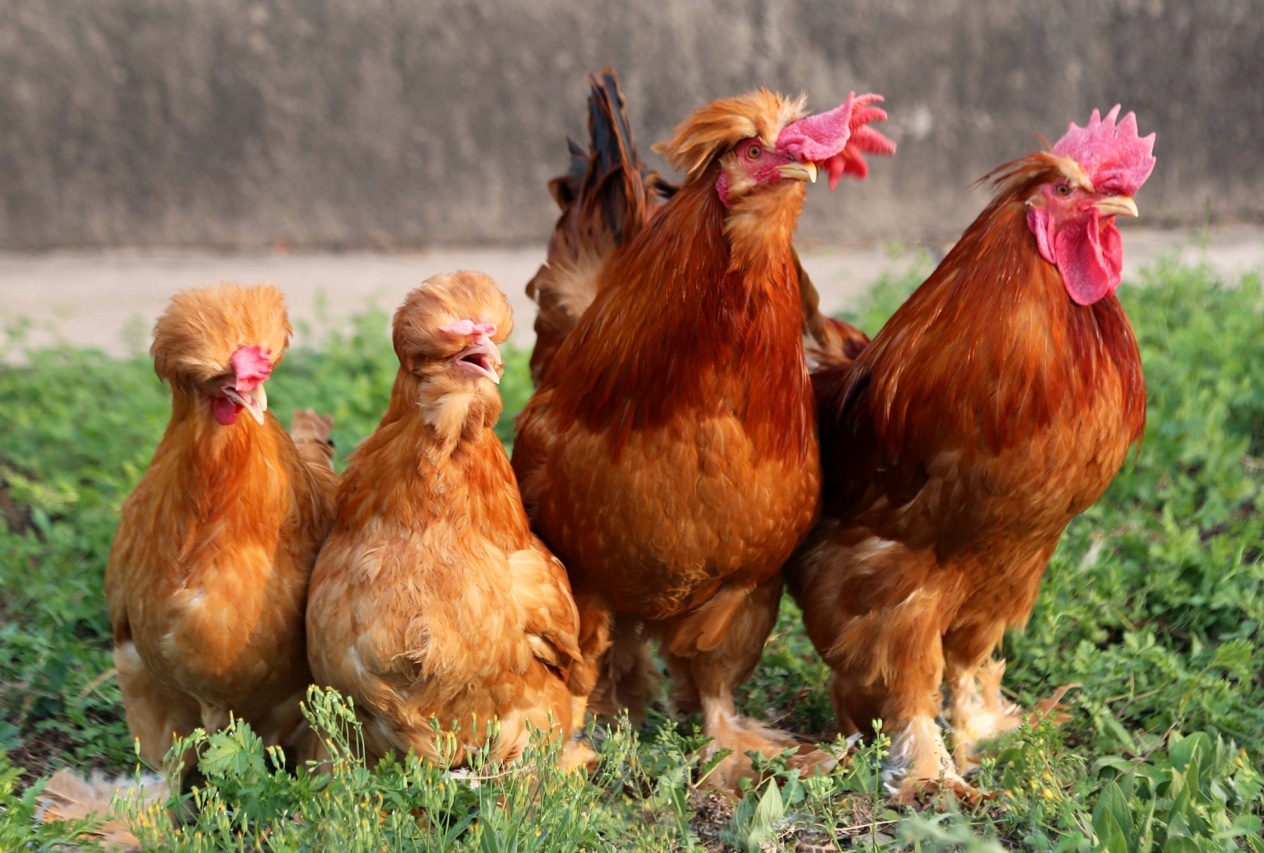Many people still think of chickens as simple, not very intelligent birds. They cluck, scurry around the yard and supposedly don’t understand anything. But in fact – chickens have impressive memories, complex social behavior and even traits similar to emotional intelligence. And what seems to us a simple chicken is a small biological masterpiece with extraordinary mental abilities.

Chickens recognize faces – and don’t forget them
One of the most interesting discoveries is the ability of chickens to recognize and remember up to 100 individual faces. They are well oriented in the “social circle” of their coop: they know who is dominant, who is younger, who is a potential threat. Interestingly, they memorize not only other hens, but also people – and can even treat differently those who feed and those who behave rudely. In other words, they have a social memory that is more characteristic of mammals rather than birds.
A chicken remembers who stole its grain
Chickens have episodic memory – this means that they can remember not just a fact, but the whole situation: what happened, when and where exactly. In experiments, scientists found that chickens were able to remember, for example, which of the other birds peeked where the food was hidden, and subsequently avoided competitors. And some even started to pretend the food wasn’t there to confuse a potential rival. This is called tactical behavior, and it is a level of understanding that requires a well-developed memory and an idea of the intentions of others.

Memory through observation – chickens learn from each other
Another interesting trait: learning by observation. If one hen learns how to push a button or open a drawer, the others, by observation, repeat it themselves. This means that chickens not only memorize actions – they understand their logic, consequences and can reproduce a certain algorithm.
Chickens remember and form preferences from the first days of life
Chickens are able to remember objects, sounds and smells around them immediately after hatching. For example, if they often hear their owner’s voice in the first few days of life, they will respond positively to it even many weeks later. This phenomenon is called imprinting – and it is a form of very stable memory, similar to an “imprint” in the brain.
Even sleep is a moment to process information
Studies have shown that chickens process information during sleep – just like humans. They have observed rapid eye movements (REM phases), which are characteristic of dreaming and learning. That is, the chicken brain “reviews” its day and sorts through the information. This process helps form long-term memory.
Conclusion
Chickens are much more than we thought – they are intelligent, sensitive, socially active creatures with powerful memories. They can analyze, remember, learn, and even react emotionally. They don’t forget who feeds them well – but they don’t forgive a mean touch either. So the next time you meet a chicken, remember: it may have already recognized you… and it certainly won’t forget.











